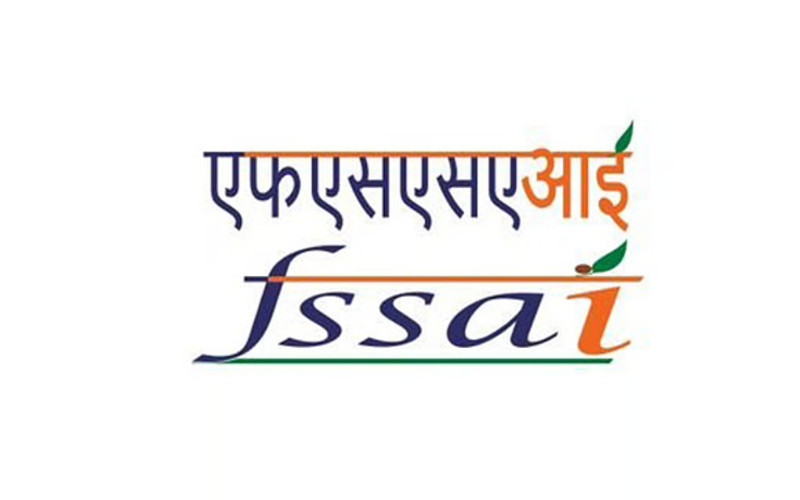According to FSSAI , the consultation aimed to evaluate the effectiveness of existing regulations, address implementation challenges, and explore ways to align with global standards to ensure consumer health.
The national consultation, which involved various ministries, was conducted following the Supreme Court’s order last month, which gave the FSSAI three months to make its recommendations on the proposed move to introduce mandatory warning labels on the front of packaged food items. The meeting came a day after 29 public health organisations issued a consensus statement proposing that the FSSAI implement front‑of‑pack nutrition labelling (FOPL) warning labels (WLs) on food products found high in fats/sugars or salt (HFSS).
The consensus statement, published in the Journal of Preventive Medicine Research and Reviews, proposes that the government replace the proposed Indian Nutrition Rating (or Health Star Rating) system with front-of-pack warning labels, restrict marketing to children, and ensure that trade agreements do not undermine public health policy.
According to FSSAI, the national consultation aimed to evaluate the effectiveness of existing regulations, address implementation challenges, and explore ways to align with global standards to strengthen consumer protection, foster public health, and support innovation in the food industry.
Punya Salila Srivastava, Secretary, Ministry of Health and Family Welfare, stressed the importance of ethical and truthful practices in labelling and advertising in the food sector and said the sector’s ecosphere needs to evolve. She said, “Things are changing rapidly today. We are now exposed to the entire world, which means we must adopt many positive changes and best practices while scrutinising food products more closely. In this fast-moving world, consultations like this are vital.”
Highlighting the need for honest and truthful declarations in the food industry, Nidhi Khare, Secretary, Department of Consumer Affairs, urged the industry to make sincere and honest declarations, voluntarily disclose what the product contains, and desist from misleading advertisements and manipulative practices.
She said, “Food labelling should not just be a marketing tool, but it should also be treated as the most essential trust factor between a manufacturer and a consumer. We want a truthful and honest declaration of whatever is contained in the food product, and the consumer should be left to make the final choice.”
She also underlined the collective responsibility to ensure this information is accurate, transparent, and truthful, enabling consumers to make informed, safe, and healthy choices with absolute confidence. Sanjeev Sanyal, Member, Economic Advisory Council to the Prime Minister, noted that “the issue of claims in advertisements also needs deeper scrutiny because even if there is supposedly scientific evidence supporting them, it needs to be validated externally.”
He said that FSSAI had earlier announced that all label changes and related rules and regulations will be implemented only once a year, on July 1. “This is a major step, because it removes a big problem and uncertainty for the labelling industry.”
Highlighting the seriousness of false claims in the food sector, Prabhat, Additional Secretary, Ministry of Information and Broadcasting, emphasised the need for accountability and accurate communication. “There is an increasing need to ensure advertisements are ethical, truthful, and not misleading, particularly regarding health and nutrition claims.
He said that false claims in this sector undermine consumer trust and pose serious public health risks, he said. The consultation ‘Comprehensive analysis of Regulatory Framework on Food Labelling, Advertisement and Claims’ brought together around 700 representatives from various government departments, scientific experts, food businesses, state food safety authorities, industry associations, consumer organisations, and academic institutions.
The event formed part of an ongoing series of national-level stakeholder dialogues designed to address key regulatory issues requiring multi-stakeholder engagement. By working closely with industry, academia, consumer groups, farmer organisations, and regulatory bodies, FSSAI aims to integrate sector-specific perspectives and ground-level insights into its regulatory framework, ensuring that policies remain practical and aligned with public health priorities, according to a statement issued by the food regulatory body.
News Courtesy: Newindianexpress


